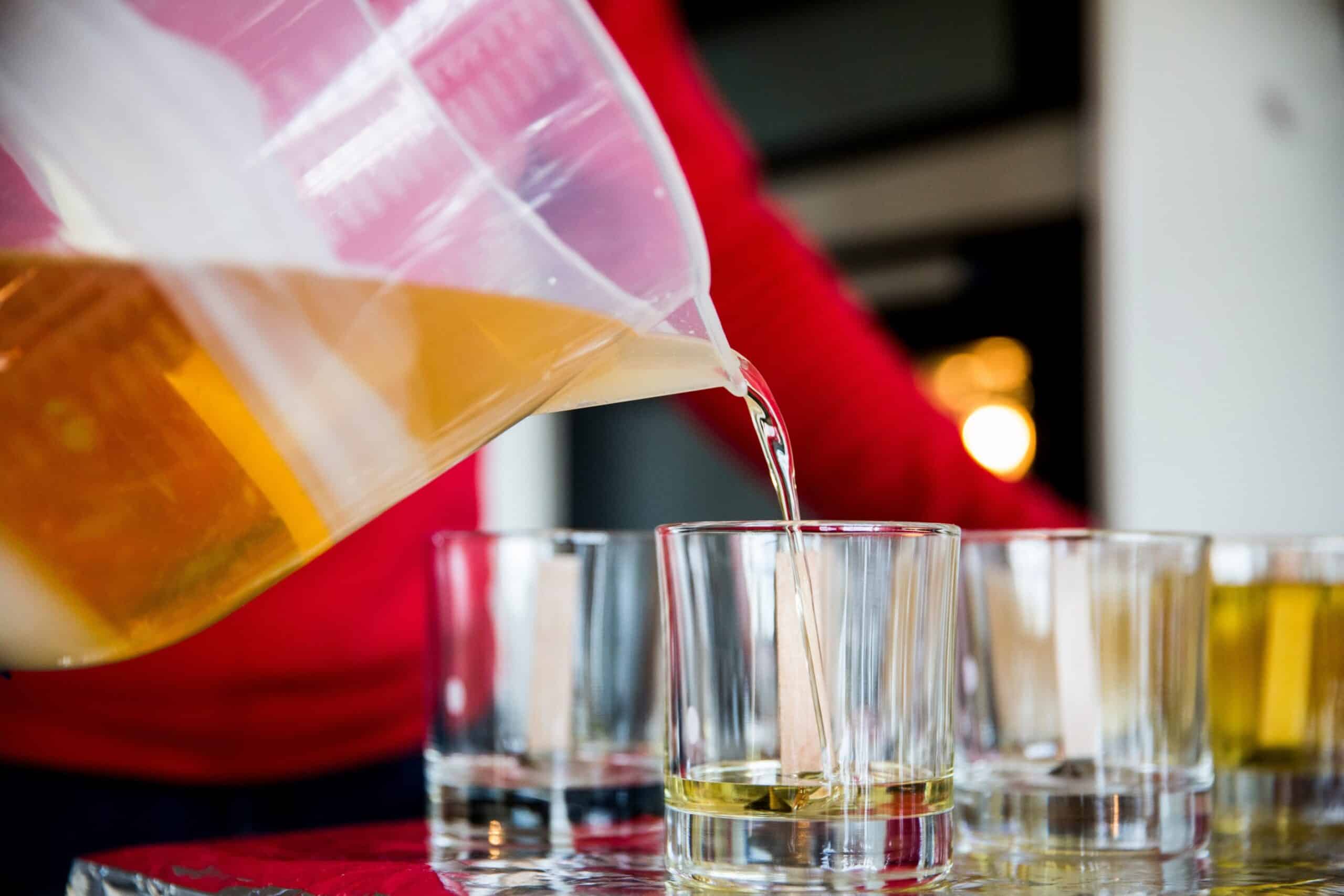How To Secure A Liquor License In New York City Without Delays – Guest Post

Securing a liquor license in New York City can feel daunting. However, with the right approach, you can navigate this process smoothly. A liquor license opens up new opportunities for your business, but delays can often result in financial setbacks. Understanding necessary steps and avoiding common pitfalls is crucial. Rodriguez law focuses on ensuring businesses meet all legal requirements promptly. Start by gathering your essential documents, such as your lease, site plan, and partnership agreements. Next, contact your Community Board. Their support is helpful for expedited approval. Additionally, be prepared for thorough inspections that evaluate your premises for compliance with safety and health standards. An overlooked detail can lead to delays, so thoroughness is key. Finally, consider seeking professional guidance from services familiar with New York City’s legal landscape. These steps will help you secure a liquor license without unnecessary hold-ups. By staying proactive and informed, you can turn this challenge into a success.
Understanding the Basics
First, familiarize yourself with the types of liquor licenses available in New York City. Each license varies based on your business type and location. Common licenses include the On-Premises License, Beer and Wine License, and Wholesale License. Each has specific requirements. You can find more detailed information on these licenses at the New York State Liquor Authority website. Identifying which license suits your business is essential for a trouble-free application.
Documentation Needed
Your application requires several documents. These include:
- Completed application forms
- Lease or deed for the business location
- Partnership agreements or incorporation documents
- Floor plans of the premises
- Certificate of Occupancy
Gather these documents early to avoid last-minute stress. Missing paperwork is a frequent cause of delays.
Engaging with the Community
Contact your local Community Board early in the process. Their approval is invaluable for the State Liquor Authority’s final decision. Present your business plan clearly and address any community concerns. Building a good relationship can support your application and foster community support for your business.
Inspections and Compliance
Prepare for inspections by ensuring your premises meet all health and safety standards. The New York State Liquor Authority conducts thorough inspections. Any non-compliance can result in delays or even denial of your application. Regular self-inspections can help identify issues before official inspectors arrive. For complete guidelines on health and safety requirements, refer to the NYC Department of Health.
Professional Guidance
Consider hiring professionals who specialize in liquor licensing. Their expertise can be crucial in understanding complex legal requirements and avoiding common pitfalls. They can help streamline the process, keeping you informed of deadlines and necessary documentation. While this involves an additional cost, it can save time and prevent costly delays.
Application Process Timeline
Timing is crucial when applying for a liquor license. Below is a general timeline to help you plan your application process:
| Step | Estimated Time |
| Document Preparation | 2-4 weeks |
| Community Board Meeting | 4-6 weeks |
| Submission to Liquor Authority | 1 week |
| Review by Liquor Authority | 8-10 weeks |
| Inspection and Final Approval | 2-4 weeks |
By following this timeline and staying organized, you can minimize delays and secure your liquor license efficiently.
Conclusion
Securing a liquor license in New York City demands careful planning and attention to detail. By understanding requirements, engaging with your community, and preparing thoroughly, you set your business on a path to success. Remember, assistance is available, and seeking professional help can make the process less burdensome. Stay informed and proactive to avoid delays and start operating your business without hiccups. With determination and the right steps, your business can thrive in New York City’s vibrant market.

Recent Comments